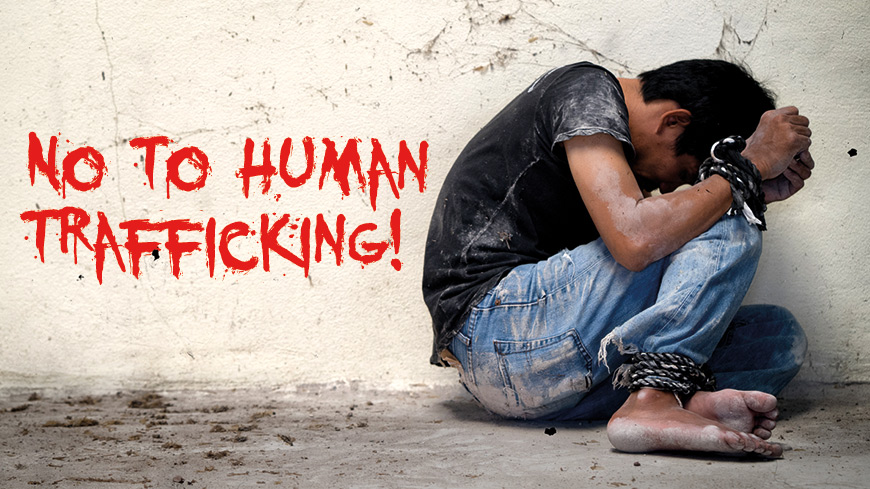Ahead of the World Day against Trafficking in Persons marked on 30 July, the Council of Europe Group of Experts on Action against Trafficking in Human Beings (GRETA) raises alarm about the high prevalence of child trafficking in Europe and the particular risks of migrant and refugee children falling victim to trafficking and exploitation.
Children represent a quarter of identified victims of human trafficking on average in Europe, according to available data. Children are subjected to trafficking for the purpose of sexual exploitation, labour exploitation, forced marriage and, increasingly, forced criminality. Several of GRETA's recent country evaluation reports highlight serious shortcomings in the response of States to the protection of children at risk of being trafficked and the provision of assistance to child victims of human trafficking.
Siobhán Mullally, President of GRETA, said: “The risks faced by migrant and refugee children in Europe are very grave. Trafficking of children occurs en route to Europe, and internally within Europe. This is a humanitarian crisis. States must act urgently to respect, protect and fulfil the rights of all children, including migrant and refugee children.”
In Europe today, children are living in transit zones, at borders and in camps, often with little or no protection or assistance, and limited opportunities to integrate into host communities. Delays in the appointment of guardians, increased restrictions on family reunification in many countries, limited opportunities for resettlement or relocation, and sometimes hostile attitude to child migrants and refugees, create further difficulties for children seeking to escape the reaches of trafficking networks.
GRETA reminds States that a protective environment for all children is essential to reduce their vulnerability to trafficking and to ensure respect for the child’s rights and best interests. In order to meet their obligations to prevent human trafficking and reduce children’s vulnerability to exploitation, States should guarantee adequate resourcing of child protection systems, take special measures for migrant and refugee children and provide support for family reunification when in the child’s best interests.
GRETA stresses the importance of ensuring that human rights and States’ international obligations are fully respected at borders and in all immigration procedures. A human-rights based approach to combating human trafficking is a core obligation and a cornerstone of the Council of Europe Convention on Action against Trafficking in Human Beings.
See also:
Article on the tragic fate of Europe’s missing migrant children


